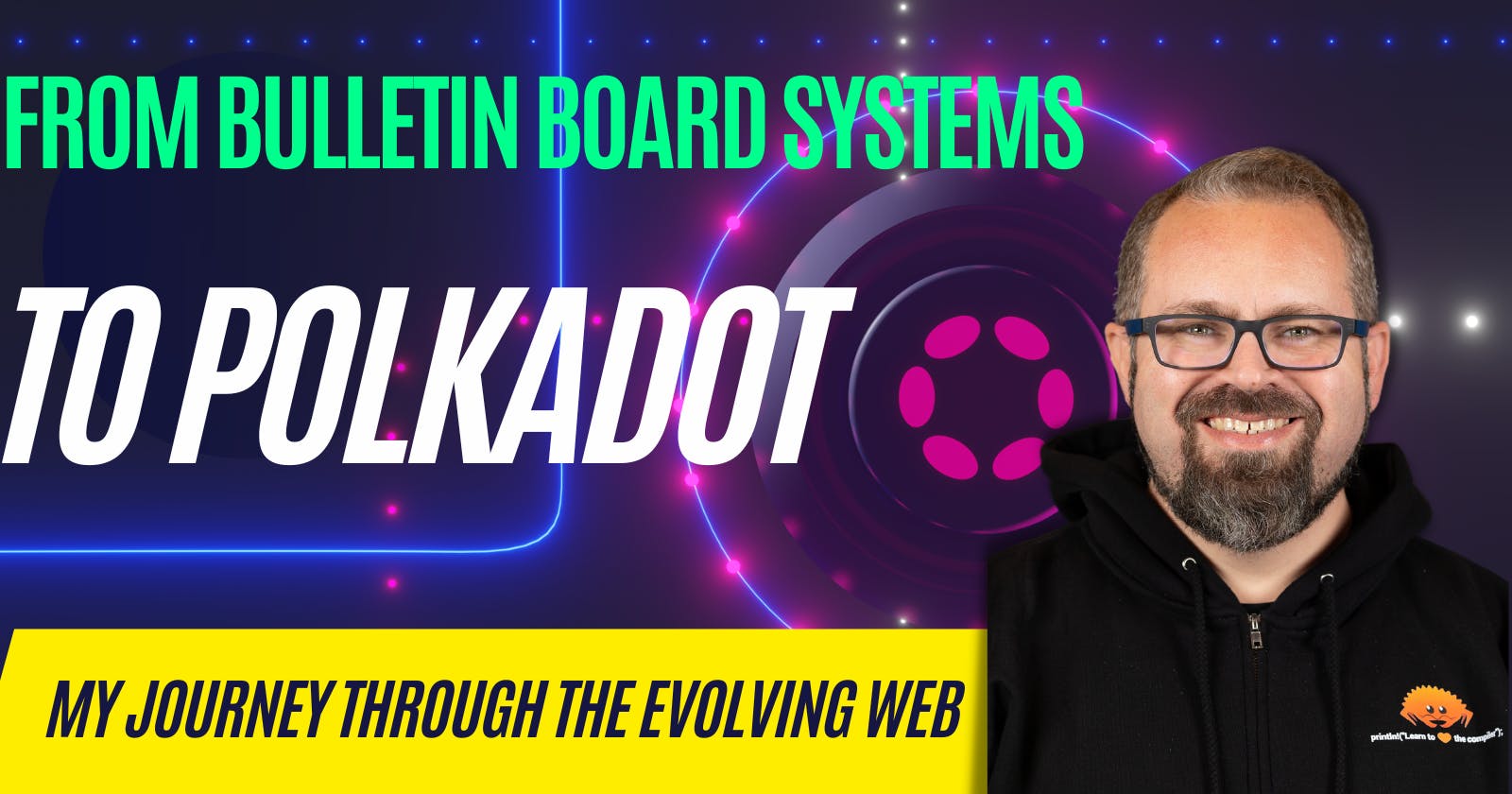At a recent lunch with friends, someone asked everyone to share the worst advice or prediction they have given in their lives. When it came to my turn, I did not have a hard time coming up with an answer. It was back during the end of the ‘90s, and I was running one of the last bulletin board systems (BBSes) in my hometown of San Diego. For those who may not recall, a BBS was a network pre-Web that ran on dial-up servers. There used to be countless BBSes across the globe spanning every interest area and topic, but as the Web grew, the popularity of the BBS declined.
A small San Diego publication interviewed me as part of a story on the end of the BBS era, and I was asked in that interview if I thought the Web would make the BBS irrelevant. In my defiant teenage voice, I triumphantly declared that the BBS was here to stay and the Web was just a passing phenomenon. Well, it didn’t take long for that prediction to be proven false.
If it was not apparent from that anecdote, I’ve been around the Internet for quite some time. Back in San Diego, I ended up co-founding the local 2600 meetup, a hacker conference, ToorCon, that is still going on, and which has given rise to a complementary camping edition called ToorCamp that meets in Washington State. I took a break from working in technology for about 15 years to pursue training and work in the non-profit education and community organizing space. When I came back to work full-time as a software developer, the Web was a very different place than when I last left it.
The Web today looks drastically different from what brought about the demise of the BBS community. Imagine the Web of the late ‘90s as a place to express yourself with simple HTML and CSS. In contrast, today's Web is a massive complexity of languages and frameworks powering billions of requests daily that underpin a global economy that in 2019 was valued at over 2 trillion USD in the United States alone. This extraordinary capacity for revenue leads to a lot of consequences, especially when the commodity is ourselves.
There has to be a better way. I enjoy reading dystopian fiction but do not wish to live in any of the novels I recently read.
This is why I joined the developer relations team at Parity. To understand and then build pathways for other developers like me to figure out how to use technologies like Polkadot to create a version of the Web that I’d want to spend my time on more. A web that is more consensus-driven, more equitable, and where my data doesn’t live exclusively in the hands of a few companies. The Polkadot ecosystem enables projects ranging from sustainability to identity management to economic equity, all while drastically reducing environmental impact and restoring our data to its rightful place, in our own hands.
I've been around the Internet for a long time, and I've seen firsthand how it has changed and evolved over the years, not always for the better. From the early days of BBSes to the complex Web of today, the Internet has profoundly impacted our world. However, there is a lot of room for improvement. That's why I got involved in this space—to work on building a more fair and more accessible version of the Web. I'm excited to create a more consensus-driven, equitable, and sustainable Internet where our data remains ours.


